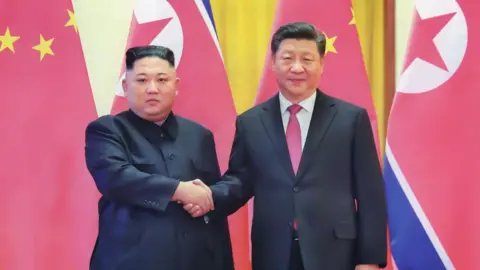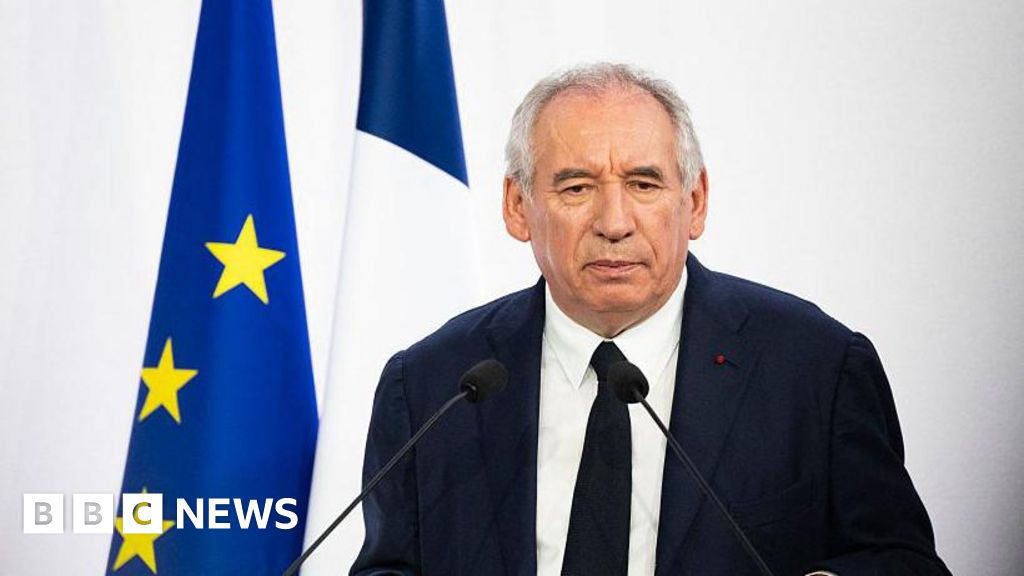Japan's agriculture minister, Taku Eto, resigned on Wednesday, following public backlash to his recent comment stating he had never personally bought rice, which has become a national staple now facing severe shortages. The remark exacerbated frustrations regarding the government's struggle to address the rice scarcity that has resulted in soaring prices across the country.
During a speech on farming policy, Eto casually remarked, "I have never bought rice myself. Frankly, my supporters give me quite a lot of rice. I have so much rice at home that I could sell it." The comment did not sit well with a public already disillusioned by the rising costs of rice, fueling suspicions that the government was disconnected from the struggles faced by everyday consumers.
This rice shortage has its roots in long-standing agricultural policies aimed at protecting small-scale farmers, which have effectively restricted new entrants from cultivating land, leading to extensive uncultivated areas. The agricultural minister's comment and the ensuing rice crisis prompted severe criticisms from opposition politicians, particularly from the Democratic Party for the People. General Secretary Kazuya Shimba stated, "We don’t need an agriculture minister who doesn’t understand the viewpoint of consumers or producers."
The government's failure to effectively manage the rice supply has prompted anger, especially in urban areas where residents have faced rationing in supermarkets due to the lack of available rice. Critics argue that Prime Minister Shigeru Ishiba is caught in a political dilemma, with his disapproval ratings plummeting amidst growing public dissatisfaction ahead of national upper house elections scheduled for July.
Eto's resignation comes after intense scrutiny, with opposition parties considering a no-confidence motion against him. In light of the controversy, Ishiba appointed rising star Shinjiro Koizumi as Eto's successor, signaling attempts to stabilize the situation and regain public trust.
As Japan grapples with its agricultural challenges, the incident underscores an increasing trend where political leaders are confronted with the ramifications of disconnect in understanding consumer issues, which echoes sentiments visible in other global democracies grappling with similar discontent.




















